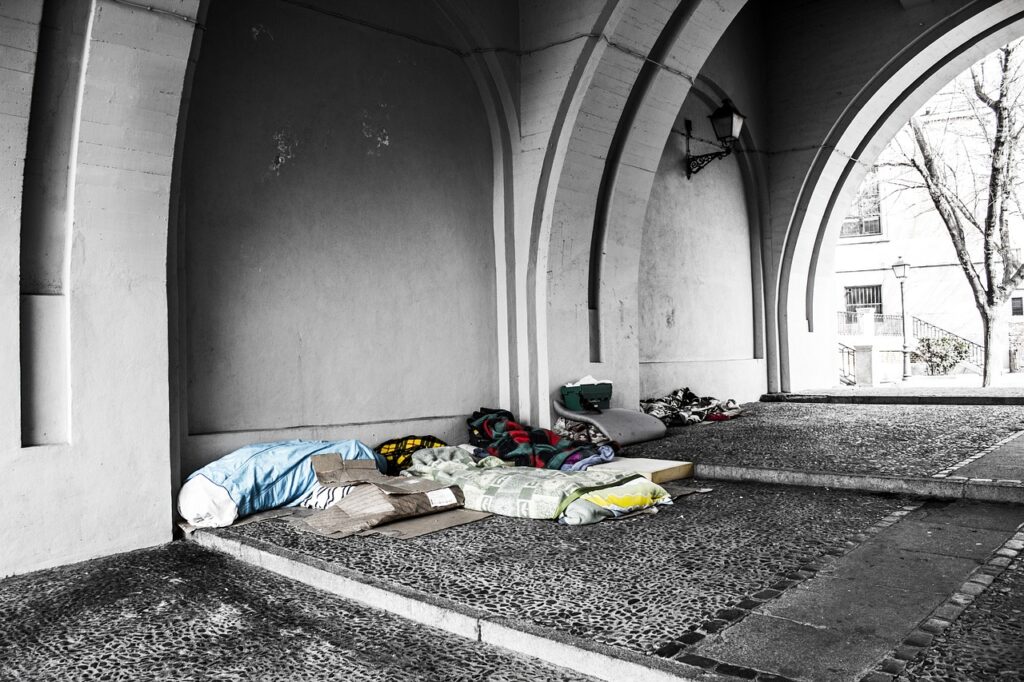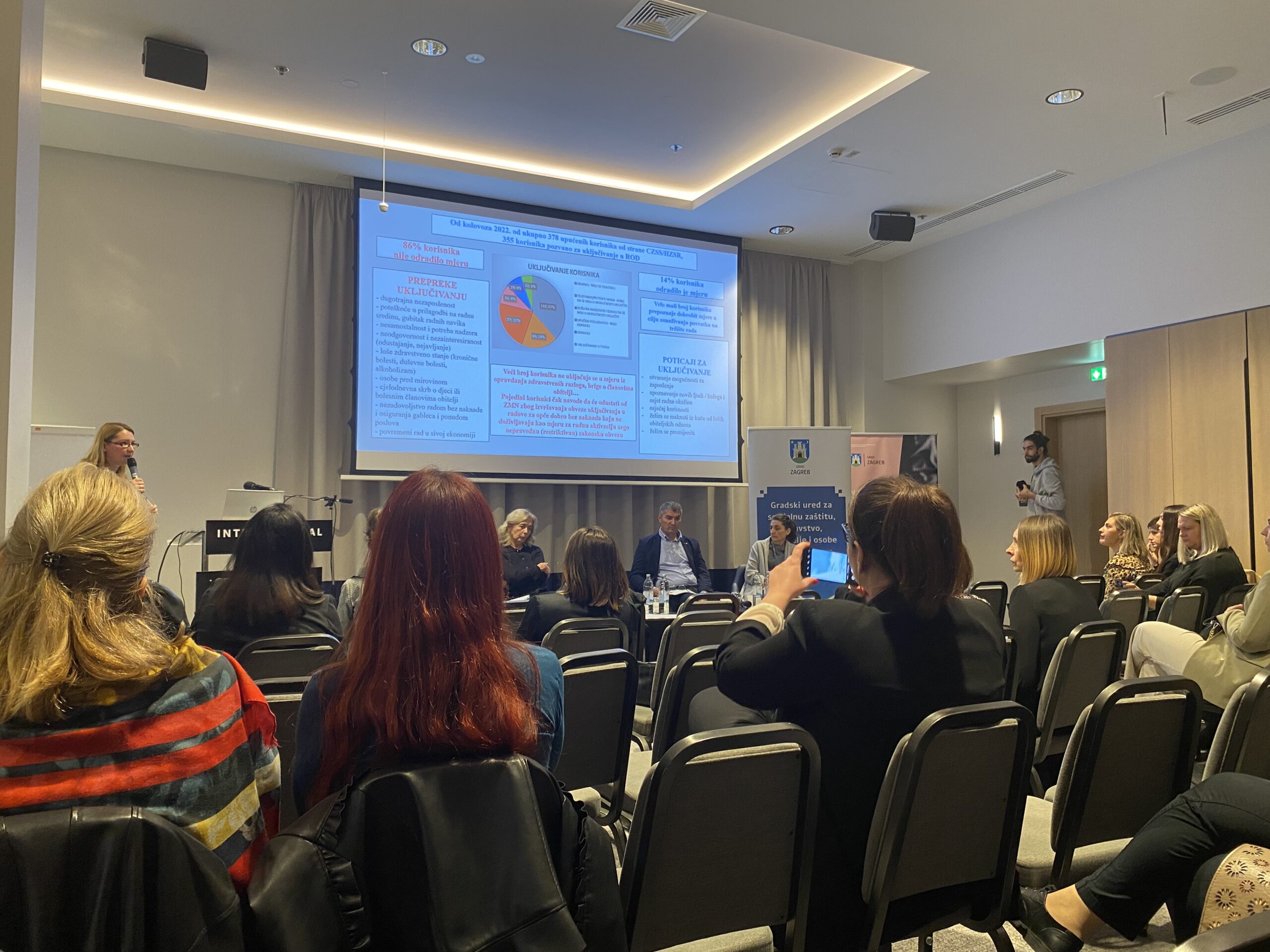
Author: Martina Perić
Experienced experts from different domains with the common goal of combating poverty and social exclusion presented valuable statistical data and practical examples that they encounter every day in their work. Available data indicate that half of the people globally live at risk of poverty, and almost a million people in the Republic of Croatia. At least 10,000 people in the Republic of Croatia live in inadequate and unsafe conditions, 450 homeless women are in shelters, and more than 1,000 citizens live on the streets. There are also as many as 700,000 elderly people who are recipients of various types of pensions, the amount of which is lower than 358.00 euros. Material poverty very often leads to social marginalization and exclusion, feelings of worthlessness, shame, and fear, crisis and family breakdown, mental health difficulties, and other harmful feelings and circumstances.

Marina Škrabalo, the program advisor of the SOLIDARNA Foundation, gave a presentation on monitoring and diagnosing poverty as a multidimensional and complex social phenomenon. She presented the importance of monitoring and understanding poverty while simultaneously monitoring the social, economic, and political context, how we recognize and observe this social phenomenon, and many other relevant data and existing guidelines for improving the diagnosis and monitoring of poverty as a harmful phenomenon for society as a whole.
Poverty is a ubiquitous, multidimensional, and harmful phenomenon of today intertwined with its effects, risks, and causes. It is essential to continue promoting and working to protect the human rights of all people, especially the socially excluded and the poor. It is necessary to continuously recognize problems and work holistically on designing activities, processing data, and adopting measures and programs aimed at improving the quality of life of people living in poverty, taking into account the individual characteristics and circumstances of each person.
At the Conference, we met and exchanged experiences with many dear people who share the vision of solidarity in cities and communities where public services are available and where no one is alone with their worries and difficulties.
Cover photo: Pixabay @josemdelaa